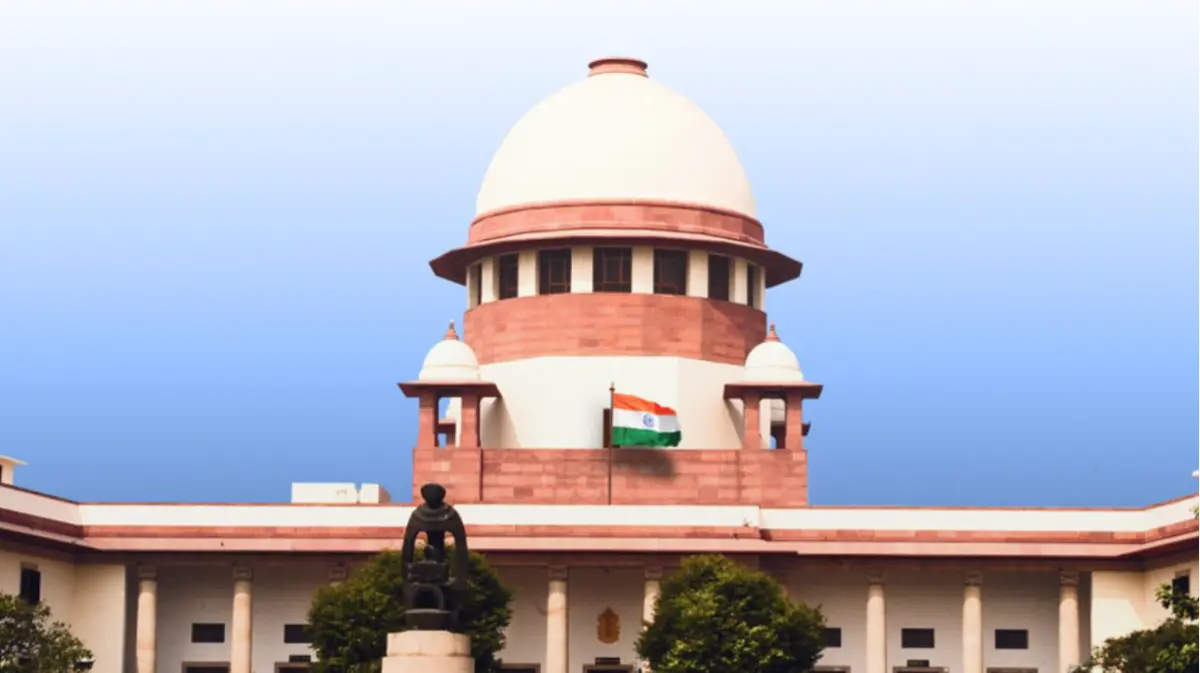Updated April 13th 2025, 21:22 IST
'Method Used to Oust Daughters from Property': Supreme Court Slams Fake Adoption in Inheritance Case
The SC upheld the Allahabad High Court’s decision to scrap a 56-year-old adoption deed, calling it a “calculated move”.

New Delhi: In a landmark ruling that underscored the rights of daughters to ancestral property, the Supreme Court upheld the Allahabad High Court’s decision to scrap a 56-year-old adoption deed, calling it a “calculated move” aimed at denying two sisters their rightful inheritance.
The apex court rejected the claim of Ashok Kumar, who said he had been adopted in 1967 by Bhuneshwar Singh, a resident of Uttar Pradesh, to inherit Singh’s estate. Singh, who passed away years ago, had two biological daughters — Shiv Kumari Devi and Harmunia — who contested Ashok's adoption, alleging that it was fabricated to deprive them of their father’s property.
Courts Found Glaring Legal Gaps in Adoption Claim
Ashok Kumar relied on an adoption deed dated August 9, 1967, and an old photograph to prove his claim. But both the Allahabad High Court and the Supreme Court found serious flaws in the adoption process.
Most critically, the consent of Bhuneshwar Singh’s wife, which is mandatory under the Hindu Adoption and Maintenance Act, 1956, was missing.
The Supreme Court bench, comprising Justice Surya Kant and Justice N Kotiswar Singh, observed:
“We know this is a methodology adopted in rural areas to oust the daughters from rightful inheritance. We know how these adoption proceedings are carried out.”
The court emphasized that such fake adoptions are often used in patriarchal households to divert property away from daughters, especially in rural India.
Why the Adoption Deed Was Invalid
The presence of Bhuneshwar Singh’s wife at the adoption ceremony was not proven.
Her signature was absent from the deed.
Witnesses failed to confirm that she took part in the adoption process.
The photograph submitted by Ashok Kumar failed to demonstrate her involvement.
Both courts ruled that these gaps violated the legal requirements, rendering the adoption invalid.
The Allahabad High Court, in its earlier judgment, had noted, “The mandatory requirement that a person who adopts a child must have the consent of his wife was absent.”
While the court expressed regret over the 40-year delay in resolving the case, it ultimately held that the procedural and evidentiary lapses were too significant to ignore.
A Victory for Women’s Property Rights
The ruling by the Supreme Court has been hailed as a major affirmation of women’s property rights, especially in cases where fabricated adoption deeds are used to bypass daughters.
Legal experts called the judgment a strong message against gender-based inheritance denial. It reinforced that statutory safeguards for daughters under Hindu law must be upheld and that courts would no longer tolerate manipulative legal tactics disguised as tradition.
Get Current Updates on India News, Entertainment News along with Latest News and Top Headlines from India and around the world.
Published April 13th 2025, 21:22 IST
